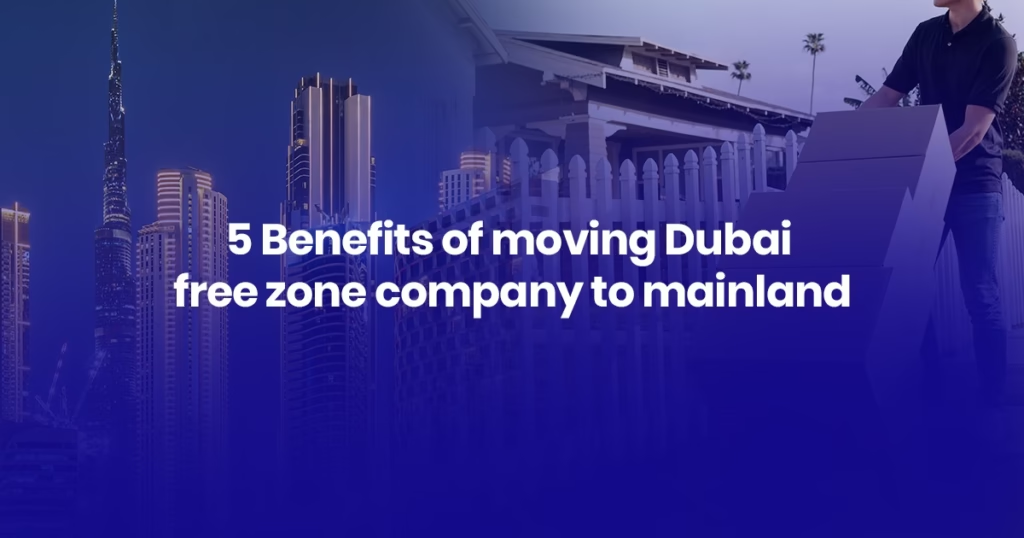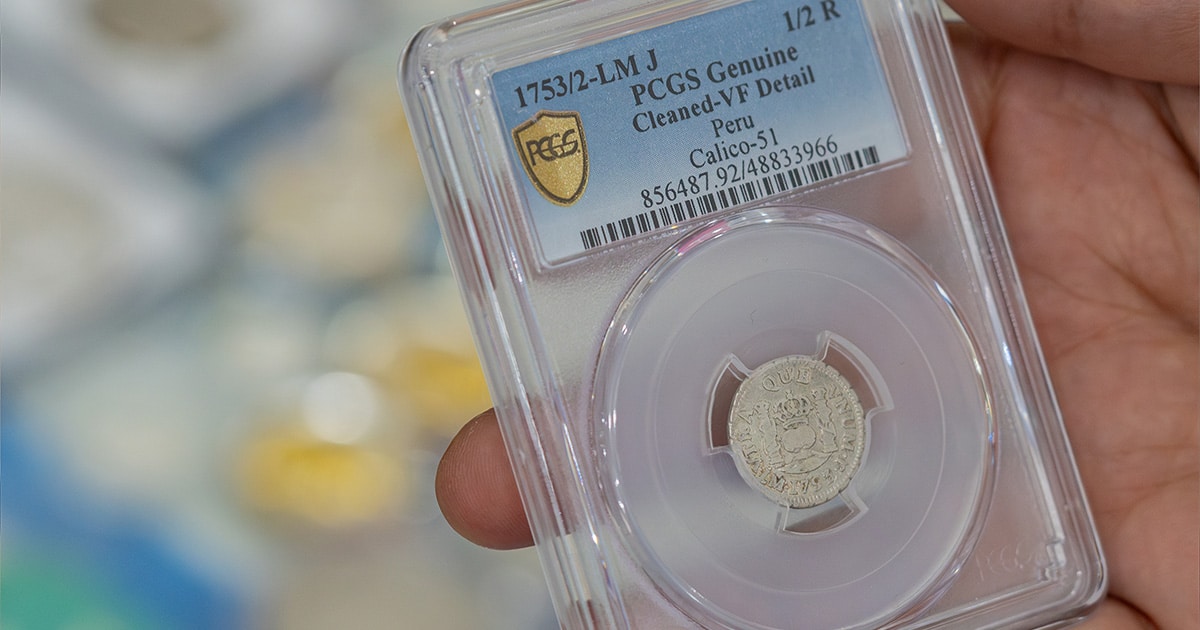The UAE stands as one of the most dynamic business hubs in the world, attracting investors from every corner of the globe. Strategic location, investor-friendly environment, and progressive economic policies make Dubai a top destination for businesses looking to scale. For companies already operating in Dubai’s free zones, transitioning to the mainland opens a new chapter of opportunity and growth.
In recent years, Dubai’s mainland has become the center of innovation and enterprise in the UAE. It provides unmatched access to the local market, government projects, and global partnerships, advantages that free zone businesses often find limited. Moving your free zone company to the mainland means exploring the ability to trade directly with the UAE market.
Accordingly, you can work with government entities, and operate with far greater flexibility across multiple sectors. Moreover, with recent reforms in ownership laws and simplified licensing mechanisms, foreign entrepreneurs can now enjoy full control over their businesses without needing a local sponsor. This evolution in policy has made the mainland even more attractive for companies seeking long-term sustainability and a competitive edge in the region.
Key takeaways
These are the notable insights of relocating a business to Dubai mainland from the free zones.
- UAE non-oil sectors now contribute around 75% of GDP, underscoring mainland market breadth.
- Physical office rent for a mainland company in Dubai may range from AED 30,000 to AED 150,000 annually depending on location.
- Free-zone to mainland migration can improve visa flexibility and labour sponsorship across the UAE.
- The mainland licence allows the company to operate across multiple Emirates, not just in one free-zone jurisdiction.
- Mainland licence & registration costs typically start from AED 15,000–22,000 for the first year.
5 Advantages of shifting to Dubai mainland from free zones
Here are the rewards of transferring a business to Dubai mainland from free trade zones.
Enjoy full access to the UAE market
Setting up your business on the mainland gives you the freedom to operate across the entire UAE without restrictions. You can sell products and services directly to local customers and collaborate with companies anywhere in the country, something most free zone businesses can’t do.
Explore government contracts and tenders
Mainland companies are eligible to bid on lucrative government tenders and contracts. This opens doors to long-term projects and partnerships that are often out of reach for free zone entities.
Tap into wider business opportunities
With a mainland setup, you can easily expand your presence across different Emirates. It also enables you to connect with a diverse network of local suppliers, clients, and business partners—fueling faster growth and scalability.
Enjoy greater business flexibility
Operating on the mainland gives you the freedom to engage in a wider range of business activities. You can open physical offices, retail outlets, or service centers, helping you establish a stronger presence and serve customers more effectively.
Boost your brand’s market presence
Being visible in the UAE’s local market strengthens your brand credibility and recognition. A mainland license allows you to reach more customers, build stronger relationships, and position your business as a trusted name in the region.
Process of relocating Dubai free zone business to mainland
This is the step-by-step procedure of shifting a Dubai free zone firm to Dubai mainland.
Strategic review and roadmap
Begin with a thorough review of whether relocating from a free zone to the mainland suits your long-term goals. Map out a compliance checklist, budget for higher regulatory costs, and identify the ownership and operational changes required. This planning phase reduces surprises and keeps the transition on schedule.
Properly end free-zone operations
Start the formal steps to close your free-zone company by notifying the relevant authority and settling any outstanding obligations. Obtain the official clearance that confirms there are no pending liabilities or restrictions. Proper closure ensures a clean slate before establishing the mainland entity.
Apply to the mainland jurisdiction
Submit your incorporation request to Dubai’s economic regulator to initiate the mainland company formation. Follow their prescribed form and attach the required supporting paperwork to avoid delays. Early engagement with the regulator helps identify any activity-specific requirements.
Reserve a fresh trade name
Choose and secure a distinctive commercial name for the mainland business that complies with local naming rules. Locking the name early prevents others from taking it and gives you a branded identity for all official documents. Make sure the name reflects your business and passes the regulator’s checks.
Prepare and legalize company paperwork
Draft the governing charter and any other formation documents needed for mainland incorporation, and arrange notarization where required. Ensure the paperwork accurately reflects ownership, capital structure, and management arrangements. Proper legalization avoids later rework and supports smooth registration.
Obtain necessary regulatory approvals
After filing, secure initial go-ahead from the economic regulator and pursue any sector-specific permits from other authorities. Some activities need additional sign-offs, identify them early and prepare targeted submissions. Staggered approvals prevent bottlenecks in the licensing timeline.
Complete license application and make payment
Assemble all documents, submit the final package to the regulator, and pay the mandated registration and licensing fees. Track the application through each checkpoint until the official trade license is issued. Receiving the new license formalizes your mainland status and replaces the previous registration.
Transition banking and financial records
Update your corporate bank mandate and account documentation to reflect the new mainland company details. Coordinate with your bank to change signatories, account names, and any standing instructions. This step ensures financial operations continue without interruption.
Reissue visas and labor records
Align all employee residency permits and company-sponsored visas with the mainland licence by applying for amendments or fresh issuances. Update payroll records and labor registrations to reflect the new sponsor and company address. Properly migrated visas protect staff status and maintain legal compliance.
Final compliance checklist and handover
Run a final audit to confirm all registrations, permits, and records reflect the mainland setup and that the free-zone entity is fully wound down. Keep certified copies of all approvals, clearance letters, and the new trade license in your corporate file. With documentation in order, you’re ready to operate under the mainland framework confidently.
Challenges and solutions
- Getting approval from the Department of Economic Development (DED) can be time-consuming; simplifies the process by obtaining dual approvals from your free zone authority and DED simultaneously.
- Some free zone activities aren’t allowed on the mainland; review your current trade license and modify your operations to meet DED activity standards.
- Transitioning to the mainland involves higher rent, licensing, and administrative costs; create a detailed financial plan to forecast and manage these added expenses effectively.
- Each employee’s visa must be reissued under the new mainland entity; prepare early and use a PRO service to prevent delays or quota issues.
- Unresolved fines or regulatory breaches in your free zone can delay relocation; settle all dues and obtain a no-objection certificate before starting the transition.
- Acquire a new DED license through complete migration or apply for a Mainland Operating Permit to continue operations without setting up a new company.
- Take advantage of Resolution No. (11) of 2025, allowing qualified free zone firms to trade locally under a temporary or branch mainland permit.
Conclusion
Transitioning your business from a Dubai free zone to the mainland isn’t just a shift in address, it’s a strategic move that can redefine your growth potential. It opens the door to the UAE’s full market, allowing you to trade freely, work with government entities, and build deeper connections with local clients and partners. While the move comes with added compliance and operational responsibilities, the rewards often outweigh the challenges, especially for companies aiming to scale, diversify, and strengthen their brand presence within the UAE.
By moving to the mainland, your business gains a stronger foothold in one of the most competitive markets in the region, equipped with the flexibility, credibility, and access needed to take on bigger opportunities. In essence, it’s not just a relocation, it’s an evolution toward greater control, visibility, and sustainable success in the UAE business landscape. Make your entrepreneurial transition from Dubai free zones to the Dubai mainland easy with KWS Middle East righ now.






